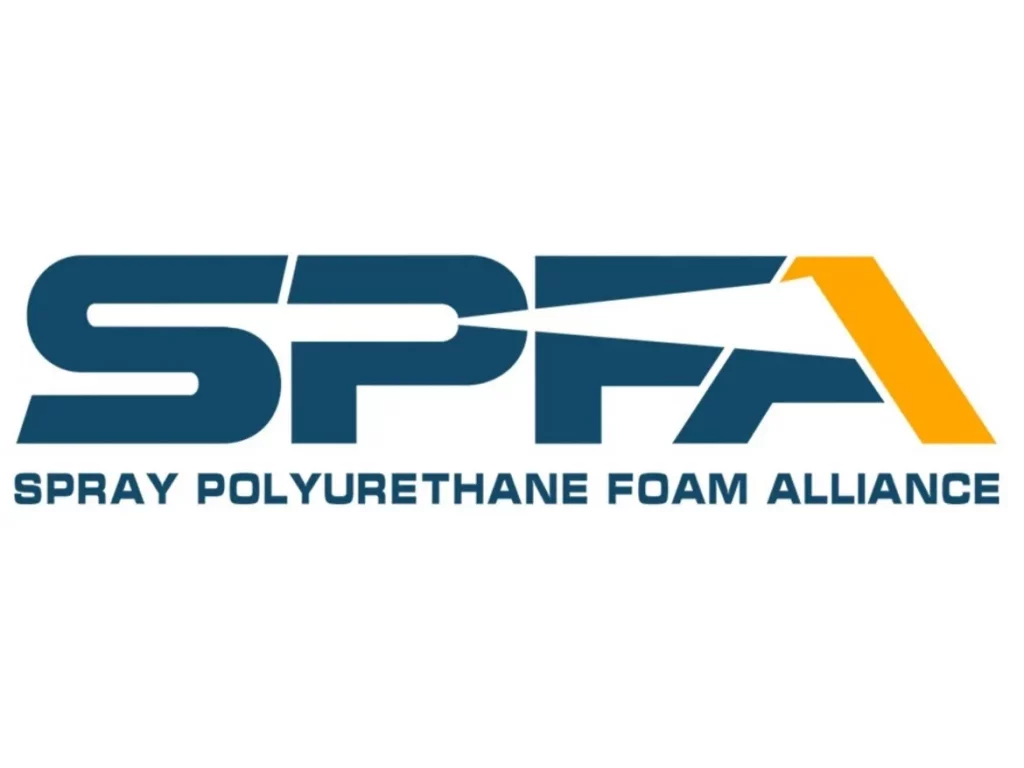If you’ve ever battled condensation in your barn, struggled with high heating bills in the winter, or worried about feed spoiling from damp conditions, you’re not alone. These are everyday problems on farms across the Midwest—and they cost time, money, and peace of mind.
One solution that’s made a real difference for many farmers is agricultural spray foam insulation. It’s durable, airtight, and built to withstand the demands of agricultural life. Whether you’re operating poultry houses, equipment sheds, or cold storage units, spray foam helps protect your investment, reduce your energy costs, and improve comfort inside your structures all year long.
Why Energy Efficiency Matters on a Farm
Farms operate differently than homes or businesses. You’re often heating large spaces, running equipment around the clock, and dealing with tough weather. If your buildings aren’t insulated properly, you’re constantly wasting energy trying to maintain stable conditions.
Some real-world problems that poor insulation causes:
- Animals get stressed from drafts or heat waves, which affects productivity.
- Condensation forms on metal roofs and walls, leading to rust or rot.
- Your HVAC systems work overtime to compensate, increasing wear and tear.
Agricultural spray foam forms a continuous seal that locks in heat during the winter and keeps cool air in during the summer. That kind of performance means less wasted energy and lower monthly bills.
Where Spray Foam Works Best on the Farm
Here’s where we commonly apply spray foam for our agricultural customers:
- Poultry Houses – Maintaining consistent temperatures keeps flocks healthier and reduces energy costs.
- Metal Barns – Insulation helps stop condensation and rust, two common problems in Kansas barns.
- Cold Storage Units – Spray foam keeps cool air in and moisture out—ideal for dairy, meat, or crop storage.
- Livestock Barns – Less condensation and more consistent temperatures make for a better environment for your animals.
- Equipment Sheds – Machinery lasts longer when it’s protected from moisture and temperature extremes.
What Makes Spray Foam Different
Unlike traditional insulation like fiberglass or cellulose, spray foam expands to fill every crack and gap. That means no air leaks and no places for moisture or pests to sneak in. Once it’s in place, it doesn’t sag, compress, or lose performance over time.
Why farmers choose agricultural spray foam:
- Moisture resistance: Prevents rust in metal buildings and protects feed and hay from dampness.
- Air sealing: Keeps warm air in during winter and hot air out during summer.
- Pest barrier: Rodents and insects don’t like nesting in spray foam.
- Durability: Lasts 20+ years with little to no maintenance.
Typical Savings You Can Expect
| Structure Type | Benefit | Estimated Savings |
| Equipment Shed | Moisture protection for farm machinery | Fewer repairs and longer equipment life |
| Cold Storage | Airtight seal for better temp control | Less spoilage and better energy efficiency |
| Metal Barn | Stops rust and moisture intrusion | Lower maintenance costs |
Environmental & Operational Benefits of Agricultural Spray Foam Insulation
Insulating your farm buildings with spray foam doesn’t just help with energy—it also protects your structures for the long haul. Moisture is one of the biggest threats to barns and sheds, and spray foam helps create a dry, stable environment. That’s better for your equipment, your animals, and your wallet.
Choosing the Right Type: Open-Cell vs. Closed-Cell
- Open-cell foam is ideal for interior walls and ceilings. It’s more affordable and still provides great thermal performance.
- Closed-cell foam is the top choice for barns, cold storage, and metal buildings. It adds structural strength and blocks out moisture completely.
Tip: Use closed-cell in any area where moisture or humidity is a concern, especially on exterior walls and roofs.
Working with the Right Insulation Contractor
Not all contractors understand the unique needs of farm structures. When hiring someone, ask:
- Do they have experience insulating barns or poultry houses?
- Are they familiar with local weather patterns and building codes?
- Can they help you choose the right foam for each area of your property?
Tip: Don’t forget to spray around equipment doors and utility penetrations. These are often overlooked, but they leak air and let pests in.
Ready to Boost Your Farm’s Efficiency with Arma Coatings of Wichita?
If your energy bills are climbing, your animals seem uncomfortable, or you’ve been battling moisture problems, agricultural spray foam could be the fix you’ve been looking for. It’s a one-time investment that offers long-term protection and performance.
Talk to our team at Arma Coatings of Wichita to get started. We’ll walk your property, assess your buildings, and give you honest advice on the best way to move forward.
Arma Coatings of Wichita
📞 (316) 779-2430
📧 [email protected]
🌐 Visit Website
FAQs
Why is spray foam better than fiberglass for my barn?
Fiberglass can sag and absorb moisture. Spray foam seals everything tight and keeps water out.
Is spray foam safe around animals?
Yes. Once it’s cured, it’s safe and won’t off-gas harmful chemicals.
Will spray foam help with condensation in metal barns?
Absolutely. It’s one of the best solutions to stop interior sweating and rust.
How long will spray foam last in a barn or shed?
With proper installation, it can last over 20 years.
Should I use open-cell or closed-cell on my farm buildings?
Closed-cell is usually better for barns and sheds due to moisture concerns. Open-cell can work well for interior spaces.
Can I insulate an older wood-frame barn?
Yes. Spray foam works well on both new and old buildings—it sticks to wood, metal, and masonry.
Will this help with mold problems in my storage building?
Spray foam resists moisture, which helps prevent mold from forming.
Can I spray foam just on the ceiling of my barn?
Yes, and it’s a smart place to start. Ceilings are a big source of heat loss.
Does spray foam help regulate temperature in cold storage areas?
Yes. It helps keep cold air in and hot air out, making your storage more efficient.





